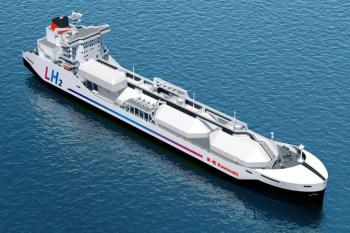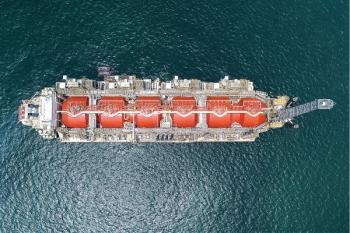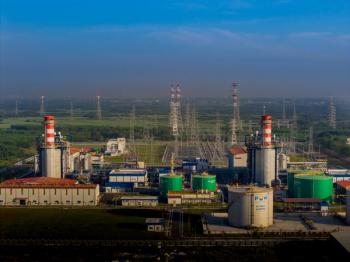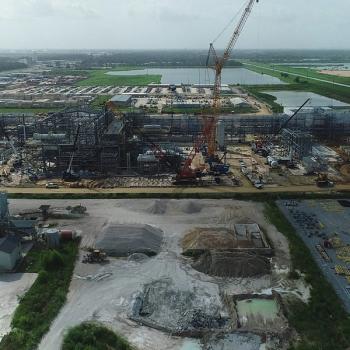
Ukraine Conflict Potentially Delays US Net-Zero Goals by Three Years, Study Indicates
A BayWa r.e. survey suggests that the war's impact on energy prices may accelerate renewable ambitions.
The ongoing conflict in Ukraine could postpone the United States' net-zero goals by up to three years, according to a study by BayWa r.e., The Decade That Matters 2.0. The study surveyed over 500 decision-makers from the business and policy sectors across the United States and 3,000 decision-makers globally to gauge sentiments on climate change and promote discussion on a worldwide scale.
The study found that 41% of American business leaders and policymakers believe that the war in Ukraine has delayed the United State's net-zero goals. However, some effects of the conflict may have accelerated renewable ambitions, as 56% of business leaders reported that rising energy prices have positively impacted their sustainability efforts.
Matthias Taft, CEO of BayWa r.e. AG, stated: "The war in Ukraine has simultaneously been a catalyst to speeding up the renewable transition while also increasing short-term reliance on fossil fuels. While the direction of travel is clear, pace is crucial, and any delay risks seeing the climate crisis exacerbated. While the transition has now sped up, fast is not yet fast enough."
The study also revealed that 38% of U.S. business leaders anticipate the conflict and resulting energy disruption to cost their businesses up to 10% in associated costs, while one in five leaders estimated an increase of between 11% and 20%.
U.S. business leaders identified a lack of commitment from U.S. leadership (36%) and a lack of support from the government (34%) as significant obstacles to a faster renewable transition. Policymakers, on the other hand, cited public and business underappreciation of climate change impacts (48%) and the speed of adaptation (44%) as the main barriers to reaching net-zero goals.
Both groups agreed that supply chain and trade policy issues are key barriers to a faster energy transition, with 35% of business leaders and 42% of policymakers identifying these areas as major obstacles.
BayWa r.e.'s report was conducted by Censuswide at the end of 2022, surveying business leaders and policymakers in the United States, the UK, France, Germany, Italy, and Spain. The study also incorporated insights into climate change conversations using Brandwatch social listening tools, which analyzed over a billion mentions of key phrases online.
Newsletter
Power your knowledge with the latest in turbine technology, engineering advances, and energy solutions—subscribe to Turbomachinery International today.




